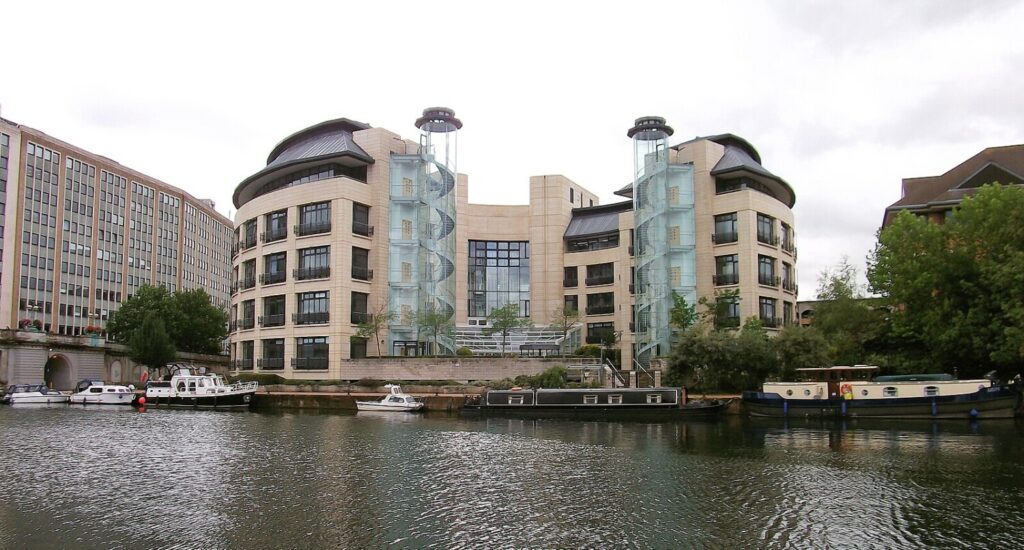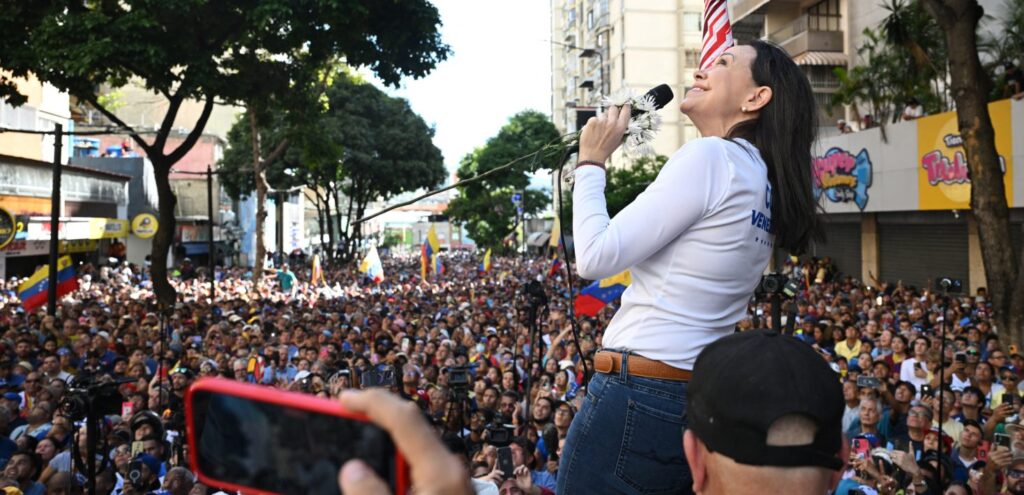Why Lebanon’s Confessional System Prevents Change
Historical Context
Since the end of the 1975-1989 civil war, Lebanon has continued to be entangled in political conflicts between the religious groups in power. One could say that this has led to a breakdown in governance, causing stagnation in economic growth and a rise in corruption (Gardner, 2020). These problems have resulted in a dissatisfied electorate and have led to, for the first time ever, protests crossing sectarian lines (Salloukh, 2019). Moreover, these changes seem to be part of a much larger problem that hinders systemic change.
In terms of context, Lebanon has an electoral system dating back to an agreement in 1943, where political representation is directly shared through religious representation (Harik, 1980: 29). In almost every aspect of governance, religion evenly divides it, where the three main political offices being; the prime minister, the speaker of parliament and the president are split between the three largest religious groups (Sunni Muslim, Shia Muslim and Maronite Christian respectively) (BBC, 2020). Continuing changes have been made to the system since then with new electoral rules being implemented in June 2017 (AlJazeera, 2017).
Under the new system, proportional representation had been merged with quotas for each religious group. This is to maintain Lebanon’s delicate sectarian balance among the 128 seats in Parliament. The changes were designed to favour independents and reformers who were likely to instigate change (Houssari, 2021). However, many considered it to be a form of unfair manipulation which resulted in a low turnout in the 2018 election (Chulov, 2018). Despite changes in election results, since 1992, no difference has been made on choosing which group should control each office government. The 128-seat parliament is divided between religious lines of Christian, Shia and Sunni denominations which has led to political division and indecision between the factions.
Source: LCPS, 2019
Lebanon’s Ever-growing Problems
The confessional system has led to a lack of communication and coordination necessary in conducting effective governance. Instead, the factions within the divided branches of government have fallen on no consensus to deal with any of the problems they are facing now (Matamoros, 2020). As a result, Lebanon has faced a poor economy that was leading down a road towards recession even before the Coronavirus Pandemic. Public misspending has led to a lack of infrastructure and public transport, integral to economic growth. Reports found Lebanon’s Public Transport and Railway Administration lacking the necessary number of employees, yet its budget was $8.64 million in 2018 (Nehme, 2016). Moreover, it was reported that Lebanon’s debt-to-GDP ratio was 155% at the end of 2017, one of the highest in the world (Nehme, 2016).
Much of the inefficient government spending is tied to corruption, allowing some of the political elites to amass vast amounts of wealth and a tolerance for cutting corners. The result of this kind of behavior was brought to light by the Beirut explosion that killed 200 people, left 6000 injured and 300,000 homeless. The explosion was a consequence of tonnes of unsafe and illegally stored ammonium nitrate, which was left due to lack of regulatory measures (McKernan, 2020). Many of the issues, that arose from a poor economy and corruption, seem to distract from the bigger picture of reform. Addressing reform from a wider perspective is necessary when providing effective governance and bolstering Lebanon’s declining economy.
The desire for change by the majority of the population seems evident. However, working within a corrupt system to make that change seems unlikely bring success. Strong sectarian divides have made it difficult to monitor the demographic changes of the country, making conducting a nationwide census a political act in itself (Maktabi, 1999: 232-236). There is sensitivity around monitoring demographic change because it could redistribute power amongst both leaders and the general population. Avoiding measuring these changes prevents disruption, keeping the current system stable for the elites. This stability keeps the status quo and preserves current political leaders’ control over their communities (Jaulin, 2014: 252). In effect, a political stalemate has been caused by fear of losing power and given that this fear of change continues to persist, structural change is unlikely.
Bibliography:
Al Jazeera, 2017. Will Lebanon’s new electoral law end the stalemate? [online] Available at: <https://www.aljazeera.com/features/2017/6/15/will-lebanons-new-electoral-law-end-the-stalemate> [Accessed 3 April 2021].
BBC, 2020. Lebanon: Why the country is in crisis. [online] Available at: <https://www.bbc.co.uk/news/world-middle-east-53390108> [Accessed 4 April 2021].
Chulov, M., 2018. Low turnout in Lebanon election amid voter scepticism. The Guardian, [online] Available at: <https://www.theguardian.com/world/2018/may/06/low-turnout-lebanon-election-voter-scepticism> [Accessed 5 April 2021].
Harik, I., 1980. Voting participation and political integration in Lebanon 1943-1974. Middle Eastern studies, 16(1), pp.27–48.
Houssari, N., 2018. Vote for chaos: Lebanon’s poll reforms baffle voters. Arab News, [online] Available at: <https://www.arabnews.com/node/1293751/middle-east> [Accessed 4 April 2021].
Jaulin, T., 2014. Citizenship, Migration, and Confessional Democracy in Lebanon. Middle East Law and Governance, 6(3), pp.250–271.
LCPS, 2019. A Snapshot of Parliamentary Election Results. [online] Beirut: LCPS, pp.4-17. Available at: <https://www.lcps-lebanon.org/publications/1553851924-parliamentary_election_1_eng.pdf> [Accessed 5 April 2021].
Maktabi, R., 1999. The Lebanese census of 1932 revisited. Who are the Lebanese? British journal of Middle Eastern studies, 26(2), pp.219–241.
Matamoros, C., 2020. How does Lebanon’s government work?. Euronews, [online] Available at: <https://www.euronews.com/2019/10/21/how-does-lebanon-s-government-work-euronews-answers> [Accessed 3 April 2021].
McKernan, B., 2020. Chronic corruption and dirty tricks: Beirutis demand lasting change. The Guardian, [online] Available at: <https://www.theguardian.com/world/2020/aug/11/chronic-corruption-and-dirty-tricks-beirutis-demand-lasting-change> [Accessed 3 April 2021].
Salloukh, B., 2019. Here’s what the protests in Lebanon and Iraq are really about. The Washington Post, [online] Available at: <https://www.washingtonpost.com/politics/2019/10/19/heres-what-protests-lebanon-iraq-are-really-about/> [Accessed 5 April 2021].



